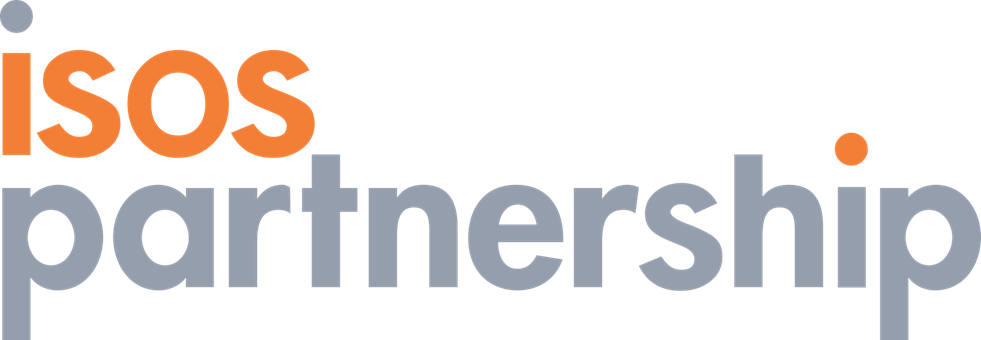Research and evaluation
Report for the Local Government Association on enabling school improvement
‘Many thanks for this. The final figure of 80 councils involved is very powerful. An excellent and very well received piece of work – many thanks!’
— Ian Keating, Local Government Association
The brief
Across England, LAs are responding differently to the challenges facing the education system. With the need to reconsider the local authority’s role in the mixed school economy and its competing accountabilities, LAs are at different points on their journeys in developing effective school improvement systems with their schools and academies.
In this context, we were commissioned by the Local Government Association (LGA) to undertake a research project into the ongoing role of local authorities in school improvement.
What did we do?
We conducted fieldwork discussions with a sample of eight local areas (Cumbria, Dorset, Hampshire, Liverpool, Somerset, Tower Hamlets, West Sussex and Wigan), designed to ensure a mix of local authority areas in terms of size, geography, economic deprivation, and capacity for school-to-school support. Detailed case studies on each of the eight areas are contained within the report.
During our visits, the focus of the discussions was to understand:
the approach to school improvement in the local area, how this was changing and the drivers of those changes;
the engagement between the LA and schools and academies in school improvement and how they were developing a local school-led system, what partnership structures were in place, and how these were supporting local school-level partnership working;
successes and challenges in their current approaches, why certain approaches had been adopted, and the impact that had been achieved so far; and
what this meant in terms of the council role now and in the future.
The report explains how local systems are evolving in response to the changing education landscape. It describes nine key conditions that are important in establishing effective local school improvement systems, based on learning from the fieldwork and discussions with other local areas. The report also analyses the challenges that are being faced in developing local school improvement systems, and summarises the ways in which LAs can support the development of these systems both in terms of practical structures and their strategic role.
What difference did we make?
We followed up the report with five regional workshops, capturing experiences of LAs from the northwest, northeast, midlands, southwest, and London and southeast. The workshops were sponsored and supported by the LGA, and were available to elected members, senior LA officers, and the chairs of local strategic partnerships. This series of follow-up workshops enabled us to broaden our evidence base so that, in total, our research has been directly informed by close to 80 LAs. With access to this broader audience, the workshops were a great opportunity to test some of our theories around school improvement and they demonstrated there was broad endorsement of the themes in our report, particularly for the facilitating conditions to develop an effective local school improvement system and for the consideration about partnership-working at different levels.
What did the client say about the work?
‘It was an excellent workshop with a useful mix of different tasks that got people focused with plenty of opportunity to share. A good format and a good pace. Thank you.’
— Regional workshop attendee
‘This was one of the most useful sessions I have attended as a LA officer. It was directed at the right areas for us at the moment and was thoughtfully put together so that we learned from the excellent facilitators and from colleagues within the room.’
— Neil Hoskinson, Dudley
‘I thought the session was very helpful; well run, created good engagement from us all, probed our thinking, moved at a good pace and for me, has assisted my actions going forward.’
— Stephen Noon, London Borough of Barking and Dagenham
‘Many thanks for this. The final figure of 80 councils involved is very powerful. An excellent and very well received piece of work – many thanks!”’
— Ian Keating, Local Government Association

